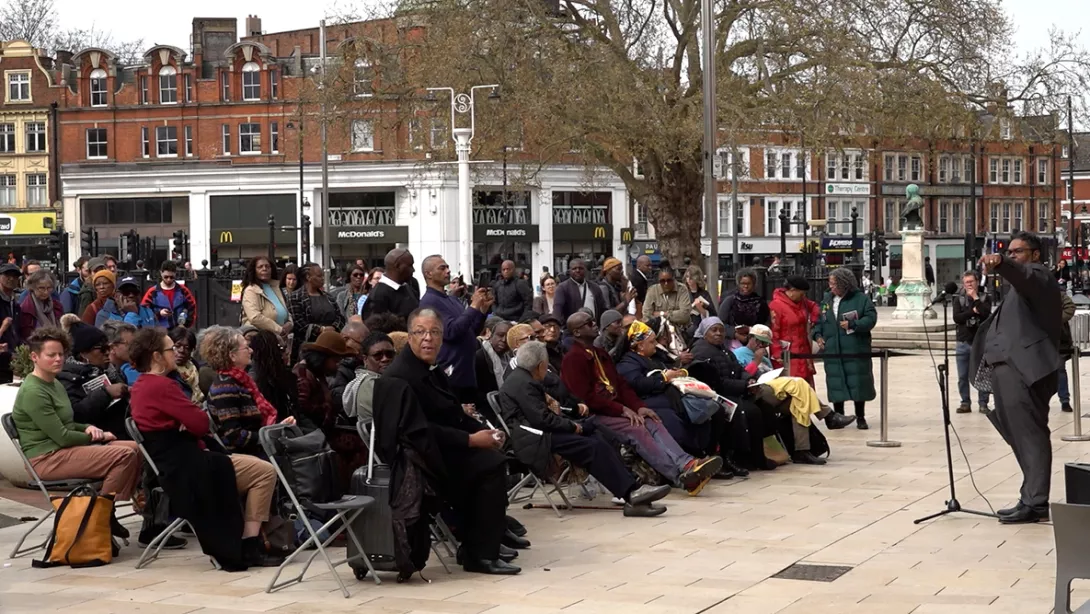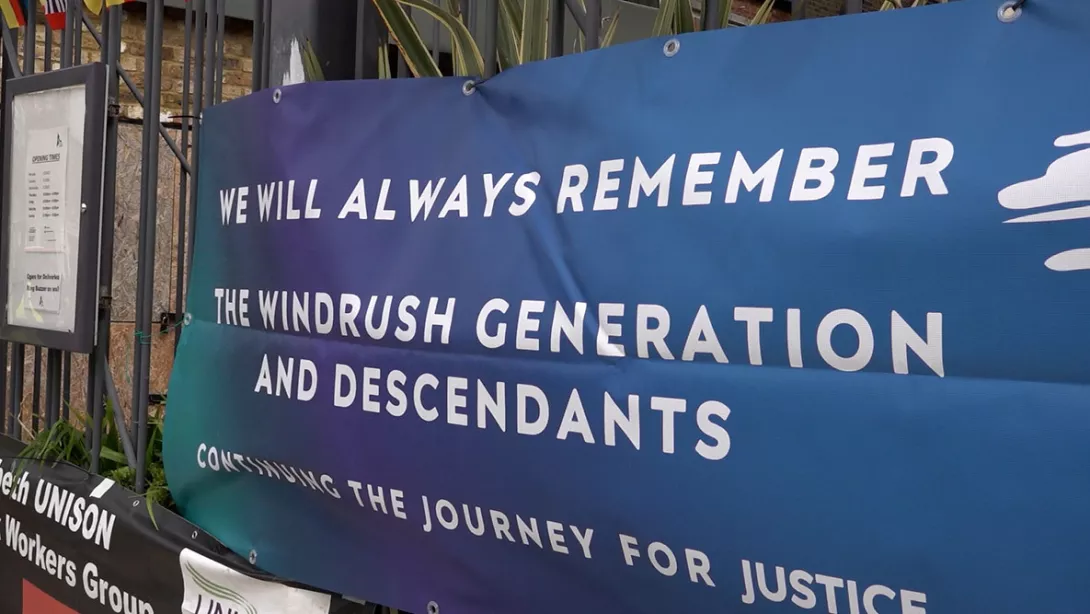The proxy war in Ukraine is heading to a denouement with the US and Russia dividing the spoils while the European powers stand bewildered by events they have been wilfully blind to, says KEVIN OVENDEN
Honouring the Windrush generation
As well as paying tribute to those who arrived in Britain from the Caribbean, African and Asian regions to work and to build a better future for themselves, we must recall the ongoing injustices they and their families still face, says ZITA HOLBOURNE

I AM the daughter of the Windrush generation. My mother arrived in Britain from the Caribbean in the early 1960s.
Like many others of the Windrush generation arriving in the ’50s and ’60s from the Caribbean, African and Asian regions, they came to work, to build a better future for themselves and loved ones.
Instead of being greeted by welcomes and opportunities, they were greeted by signs of “No blacks, No Irish, No dogs,” by colour bars in housing and in the labour market and more — by fascist attacks and police brutality.
More from this author

Artists are frequently first in line when it comes to cuts, but society as a whole is left all the poorer – it’s time they were properly valued, says ZITA HOLBOURNE of Artists Union England

Joint national chair of the Artists Union England ZITA HOLBOURNE argues that artists are systematically neglected when it comes to paying them for their labour

ZITA HOLBOURNE introduces some of the practical, political and legal challenges to racism that black and brown-led movements are making in Britain and globally

Ahead of a motion to Congress on self-employment, ZITA HOLBOURNE explains why workers in the arts are so often overlooked, the problems this causes — and why we as movement must change this for good
Similar stories

As Black History Month brings renewed focus on the fight against racial inequality, LUKE DANIELS argues that understanding slavery’s legacy and demanding financial reparations are key to defeating modern racism

Energy from using pumped water to turn turbines may be renewable — but where these massive projects are located is another factor just as important to the environment, writes BRIAN SHAW











